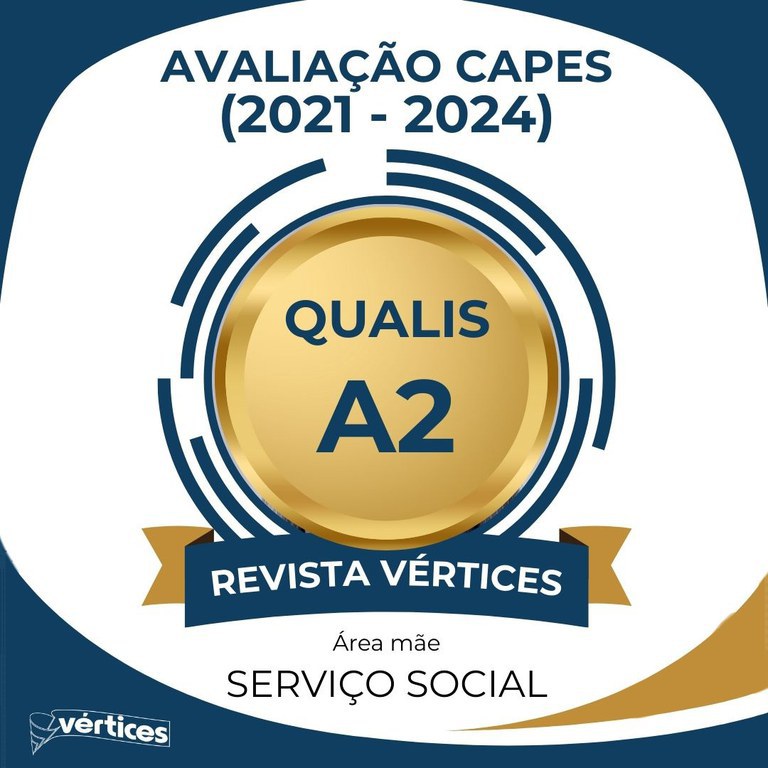Energy demand of a forage chopper for cutting process of elephant grass
DOI:
https://doi.org/10.19180/1809-2667.v19n32017p237-250Keywords:
Forage cut, Energetic demand, Power demand, Forage chopper, Pennisetum purpureum SchumAbstract
The aim of this study is to determine the energetic demand and the quality of chopped material from a stationary forage chopping machine, fed by diesel and electric motors, regarding the state of the knives sharpening, of the cutting size, and the rate of the machine feeding. The test was built following entirely randomize delineation with 5 repetitions. The tests revealed that the use of the unsharpened knife presented higher average values of potency demand and of specific consumption and lower average values of production capacity, as well as cutting quality inferior to the cut performed with the new knife. We concluded that the electric motor presented highest production capacity and lowest energy consumption. Sharpening of the knife may lead to better chopper performance.Downloads
Published
Issue
Section
License
The authors of the manuscript submitted to Vértices, hereby represented by the corresponding author, agree to the following terms:
The authors retain the copyright and grant Vértices the right of first publication.
At the same time the work is licensed under the Creative Commons Attribution 4.0 International License, allowing third parties to copy and redistribute the material in any medium or format and to remix, transform, and build upon its content for any legal purpose, even commercially, provided the original work is properly cited.
Authors will not receive any material reward for the manuscript and Essentia Editora will make it available online in Open Access mode, through its own system or other databases.
Authors are authorized to enter into additional contracts separately for non-exclusive distribution of the version of the work published in Vértices (eg, publish in institutional repository or as book chapter), with acknowledgment of authorship and initial publication in this journal.
Authors are permitted and encouraged to disseminate and distribute the post-print (ie final draft post-refereeing) or publisher's version/PDF at online information sources (eg, in institutional repositories or on their personal page) at any time after the first publication of the article by Vértices.
Essentia Editora may make normative, orthographic and grammatical changes in the originals in order to maintain the standard language, with the final consent of the authors.
The content and opinions expressed in the manuscript are the sole responsibility of the author (s).
























1.png)



